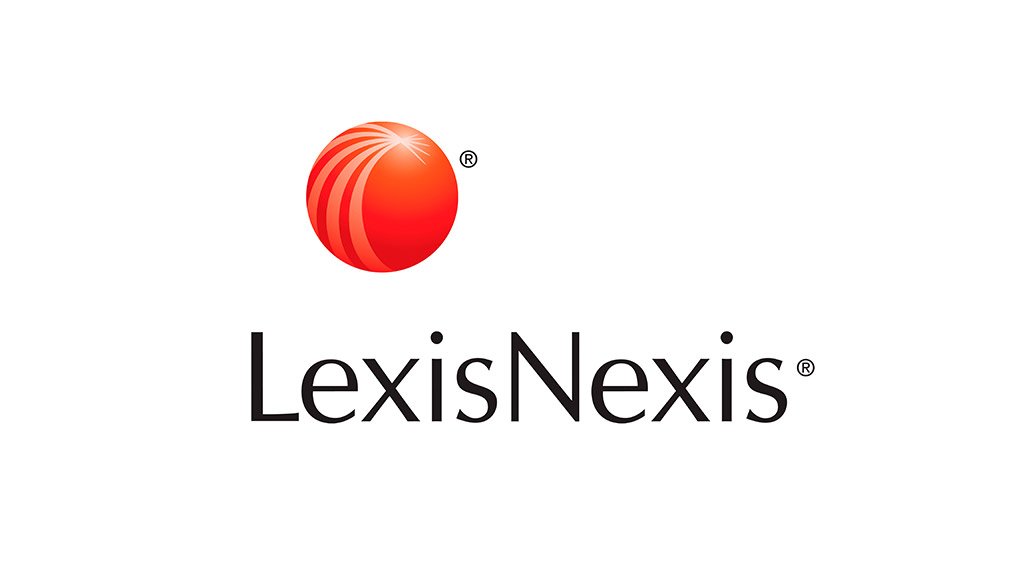The preamble of the draft Debt Collectors Amendment Bill states that recent court cases and media reports have highlighted the flagrant abuses prevalent in the collection of debt. It is therefore evident that the recent decision of the Western Cape High Court in the matter of University of Stellenbosch Legal Aid Clinic and others v Minister of Justice and Correctional Services and others (South African Human Rights Commission asamicus curiae) [2015] 3 All SA 644 (WCC) has significantly influenced the proposed inclusion of attorneys within the ambit of the draft Debt Collectors Amendment Bill.
The proposed amendment to section 8 reads as follows:
“any person, including an attorney or his or her employee or agent contemplated in section 8A, or a party to a factoring arrangement, who for reward collects debts owed to another on the latter’s behalf;”
Unfortunately, neither the Bill, nor the Debt Collectors Act 114 of 1998 (DCA) defines what is meant by “debt” or “debt collection”. As the terms are not defined, they will be interpreted broadly.
“Debt” in law has a wide meaning and may arise in a variety of ways, ie:
- by agreement (from consumer agreements);
- as a result of a delict committed by one person against another (motor vehicle damages as a result of an accident);
- by operation of law (claims against the RAF); and
- costs orders granted by a court.
The effect is that, the vast majority, if not all attorneys will be brought under the jurisdiction of the regulatory body responsible for debt collectors. This means that attorneys, who are not registered as debt collectors, will effectively be prevented from engaging in litigation in respect of money owed. This is clearly a far-reaching consequence that was never intended.
In addition, in terms of section 8, if an incorporated firm of attorneys is in any way involved in debt collecting, the company will have to be registered, and all the directors of the firm will in turn have to register. The result of this is that directors who have nothing to do with debt collection will be required to register.
Further confusion is created by the words “contemplated in section 8A” in relation to attorneys in the definition of “debt collector”. The clear intention was to include all attorneys involved in the collection of consumer credit debts in the definition of “debt collector”. However, the words “contemplated in section 8A” may be interpreted as meaning that only attorneys registered in terms of section 8A will be deemed to be debt collectors – thus, if an attorney fails to register, he or she is not deemed to be a debt collector and then the Act will not apply to him or her. The formulation of the definition is circuitous and creates a nonsensical scenario. The phrase should rather be removed from the definition for the sake of clarity.
The proposed changes to section 8 of the DCA are unfortunately not the only proposed changes which go too far. The draft Bill seeks to introduce in section 15 of the DCA as improper conduct, “charges collection costs, an initiation fee, service fees, default administration charges or other charges which exceed the unpaid balance of the principal debt at the time of default”.
This seems to mimic section 103(5) of the National Credit Act 34 of 2005 (NCA) with the purpose of aiding in the enforcement of section 103(5). This is unfortunate as many debts collected are not subject to the NCA. Where the NCA is not applicable, the common law in duplum rule applies. Although the draft Bill does not amend the in duplum rule, it does seek to introduce a form of misconduct as though the rule does not exist. As a result thereof, it makes perfectly lawful conduct a form of misconduct.
The wording of the proposed amendment to section 15 is also in conflict with the wording of section 103(5) of the NCA. What a debt collector is entitled to collect is already regulated by section 19 of the DCA, which must be read with section 103(5) of the NCA. In both instances, a contravention is an offence and clearly improper conduct. Accordingly, I am of the view that the proposed provision only creates confusion and should be scrapped in its entirety.
This and other updated information on Recoveries and Debt Collection is available at LexisNexis Practical Guidance. This web based on-line solution provides practical, up-to-date guidance for all immigration needs and provides useful templates and other practical aids and resources to assist in making informed and accurate decisions. The solution gives users online access to guidance material, expert commentary, checklists, legislation, case law, step-by-step processes, document precedents and other external content that is relevant to Practical Guidance Recoveries and Debt Collection.
For more information click here.
Written by By Sean Barrett, Director, Woodhead Bigby Inc.
EMAIL THIS ARTICLE SAVE THIS ARTICLE
To subscribe email subscriptions@creamermedia.co.za or click here
To advertise email advertising@creamermedia.co.za or click here











